There are a lot of benefits to becoming a homeowner, but it can be difficult for low and moderate-income families to do so, especially if their credit score is marred by current or old debts. Additionally, being a homeowner comes with its own unexpected expenses, including costly repairs, weatherization needs, or high utility bills.
The good news is, there are a variety of housing assistance programs, including housing grants and first-time homebuyer loans that can lift some of the financial burdens. Here’s a closer look at the housing assistance options that may be available to you and your family.
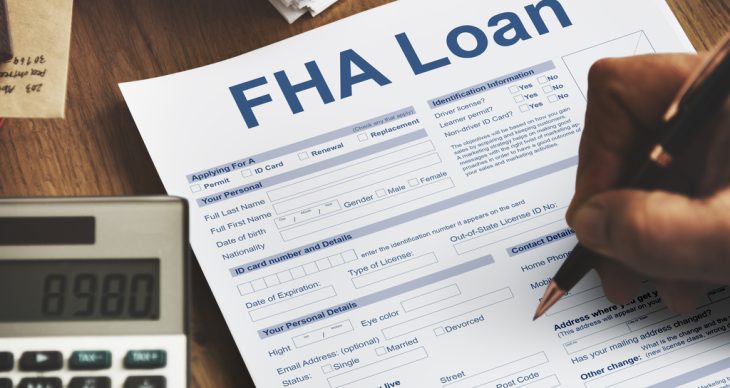
There are many types of first-time home buyer loans. In many cases, you don’t need to be a “first-time buyer,” so long as you haven’t owned a home in a specified period. FHA loans is a type of loan where the Federal Housing Administration secures your loan to reduce the financial risk to lenders.
This reduced risk means that lenders are more willing to lower their eligibility requirements for potential borrowers and offer better loan terms, helping more Americans become homeowners. Additionally, this loan can be used in conjunction with local and state housing grant programs.
In addition to reduced loan criteria, borrowers can put as little as 3.5 percent down on an FHA loan, so long as they have a credit score of 580 or higher. Borrowers with credit scores as low as 500 can still qualify but will need to provide the standard 10 percent down payment. In addition to meeting creditworthiness criteria, borrowers will need to meet other typical mortgage requirements, including those related to:
- Legal residence
- Steady employment history
- Acceptable debt-to-income ratio
- The property must meet certain FHA standards to qualify
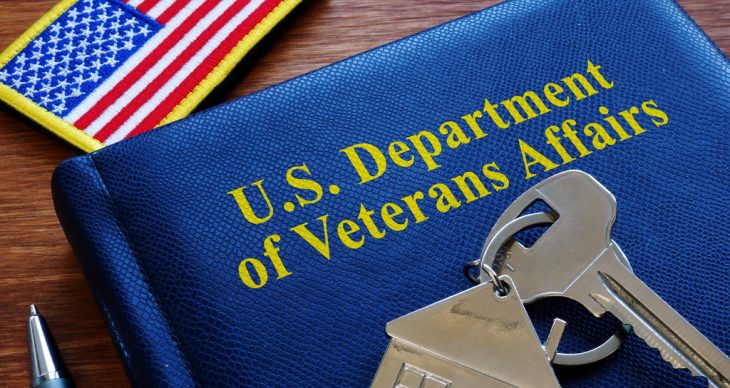
A VA loan provides veterans, service members, and their families with an excellent path to homeownership. There are four types of VA home loans:
Purchase Loan: The most common type of VA loan, a purchase loan can be used towards the purchase of a home.
Native American Direct Loan (NADL) Program: NADL is available to Native American Veterans or their qualifying spouses. It is used to purchase, build, or improve a home that’s located on federal trust land.
Interest Rate Reduction Refinance Loan (IRRRL): If you already have a VA backed mortgage, you can use an IRRL to refinance your loan to stabilize or reduce your monthly payments.
Cash-Out Refinance Loan: Cash-out refinance loans are a way to refinance your current loan to a VA backed mortgage with cash-out options for your home’s equity.
In all cases except for a NADL, you will have a VA backed mortgage. That means that the VA is not your direct lender. Instead, the VA ensures a portion of your loan to reduce the financial risk to its approved lenders.
While VA home loans have reduced eligibility requirements, applicants must still meet qualifications related to:
- Creditworthiness
- Debt-to-income ratio and income
- Service and discharge status
One of the greatest benefits of a VA loan is that most borrowers are not required to make a down payment when purchasing a home. Additionally, borrowers are not required to pay mortgage insurance premiums.

Down payments can be one of the major hurdles for prospective buyers to become homeowners. Fortunately, down payment for first time home buyers grants are not uncommon. Each grant program has its own amount that can be used as a down payment on a home. Additionally, some grant programs allow borrowers to use funds towards their closing costs, too.
Down payment housing grants are most commonly found on local levels. These grants may be offered by non-profit organizations or lenders themselves. While eligibility requirements can vary between grant programs, it’s not uncommon for a program to require:
- That you are a first-time homebuyer
- You to meet low-income guidelines
- That you live within the purchased home as your primary residence for a specified period
In most cases, housing grants do not need to be repaired. However, you may be required to repay the assistance you were given if you break the terms of the grant, such as moving before the specified period.
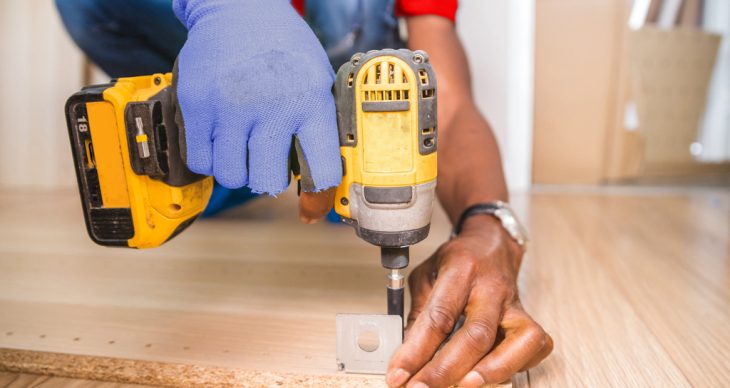
Home repair and improvement housing grants can be essential to homebuyers and homeowners. Unexpected repair and improvement costs can quickly add up, and may be out of the income reach of owners.
The most popular federal housing grant for home repair and improvement is the Section 504 Home Repair Program. This loan provides very low-income senior citizens with financial assistance of up to $7,500 to make repairs to the home that relieve a health or safety hazard. To qualify, you must:
- Be at least 62 or older
- Unable to repay a repair loan
- Have an income of below 50 percent of your area’s median income
- Be unable to obtain an affordable loan
- Be the owner of the home and live in the residence
You can apply for Section 504 by talking to a USDA specialist in your local community.
If you are a veteran or service member with a service-connected disability, you may also qualify for additional housing grants through the United States Department of Veterans Affairs. The Specially Adapted Housing Grant (SAH) is available to those who have a qualifying service-connected disability and own or are purchasing a home. The grant can only be used towards the cost of repairs or improvements that will make the home more accessible to the needs of your disability, such as installing ramps or widening doorways. You can apply for this housing grant online or by contacting your local VA office.
Alternatively, you may be able to find housing grants through your state Department of Housing and Urban Development (HUD) office or through your local and county government housing department.
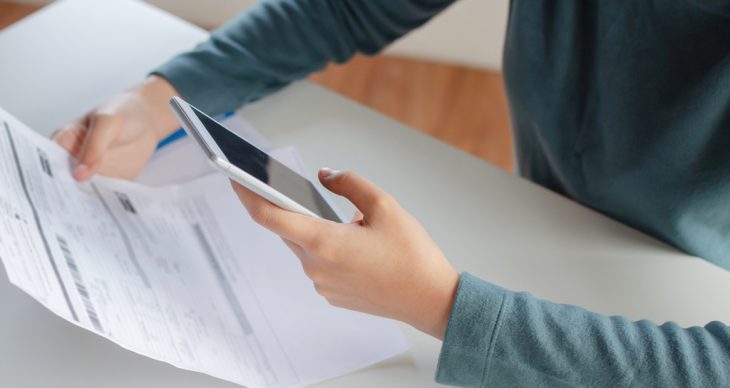
The LIHEAP program is designed to provide utility bill aid and weatherization housing grants to qualifying applicants. To qualify, your household will need to meet income-based requirements determined by your state. However, it’s best to apply for benefits early as funding is limited and only around 20 percent of eligible households can receive help.
In addition to weatherization and help with heating and cooling bills, LIHEAP provides emergency assistance to avoid utility shut offs and to repair or replace heating and/or cooling appliances within the home.
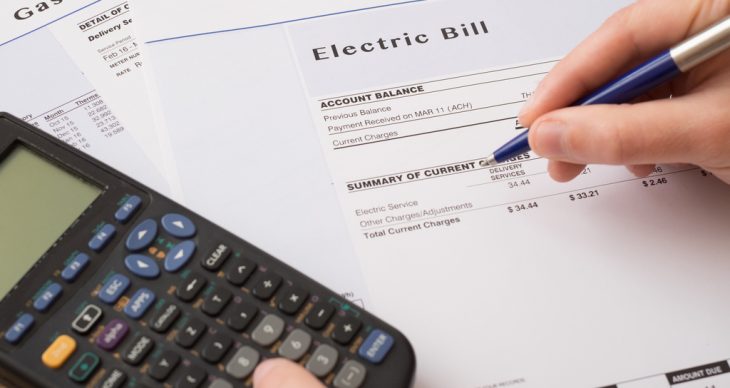
It’s not uncommon for local utilities to provide housing grants and rebates towards upgraded, energy-efficient models of:
- Refrigerators
- Washers and Dryers
- Dishwashers
- Heating and air conditioning units
Additionally, assistance for weatherization upgrades and repairs may be available. Contact your local utility to learn more about the grant and rebate programs they have to offer.